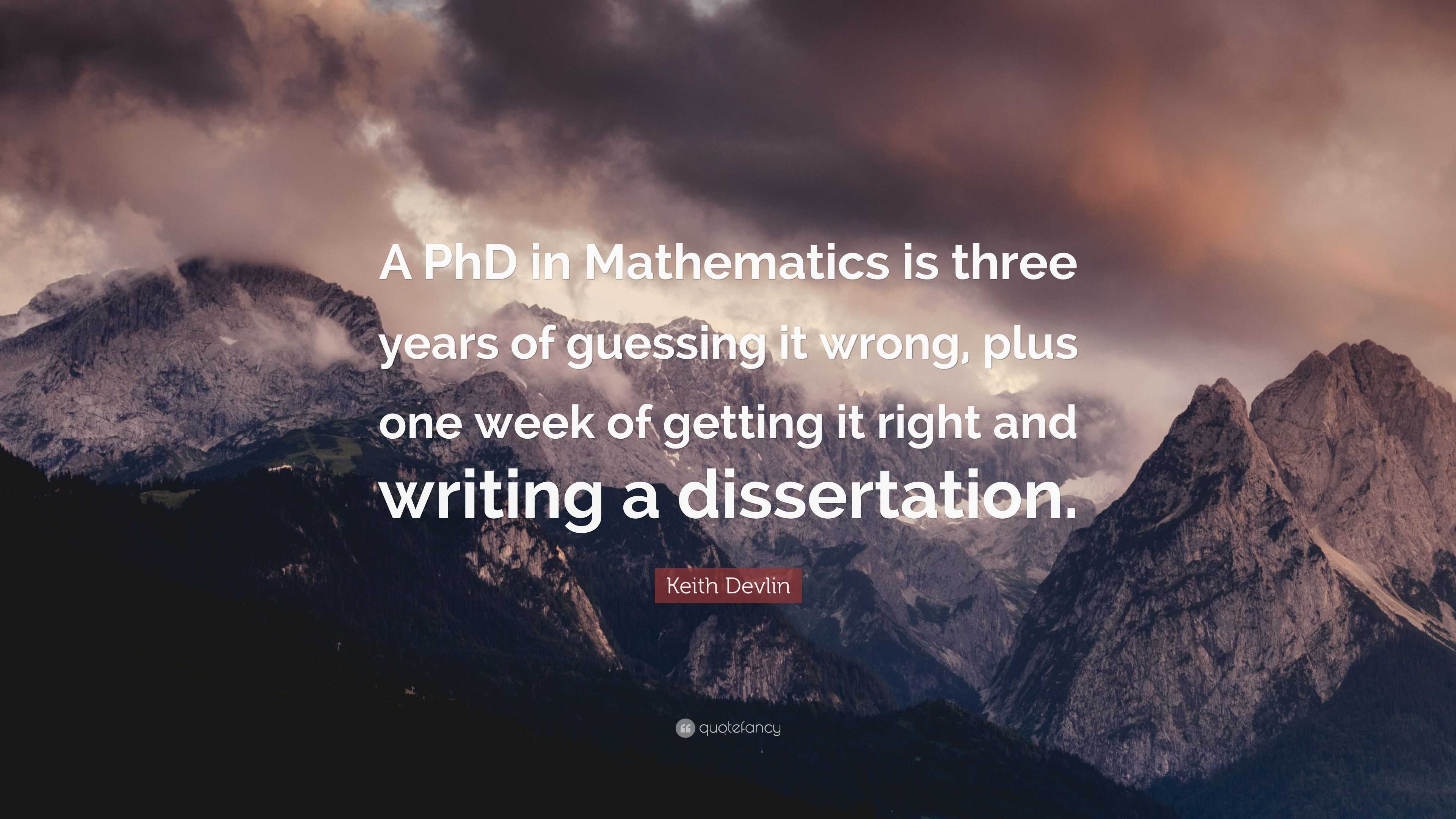
Sign up now
Getting a doctorate is intellectually rewarding. Unfortunately, it doesn't tend to be financially rewarding, at least not in the short term. Most PhD students live on their earnings from teaching and research assistantships or other low-paying employment. So, your starving student days may not be behind you. 4. Are you ready for the workload? Studying for a PhD is a surefire way to boost your self confidence and belief. You will finally get the chance to discover that there is no secret source of knowledge that you’re being denied access too. The joy of learning. If you pick a field that you enjoy (which is always advisable) the love of the pursuit will be enough. Cons of Getting a PhD · 3. You'll Experience Extreme Stress and Frustration. Pursuing a PhD may seem like a noble and interesting endeavour, and extended life as a student can appear more attractive than wading into the job market. You must be aware, however, that getting a doctorate can be a very stressful and frustrating experience
Page navigation
· A typical PhD normally involves: Carrying out a literature review (a survey of current scholarship in your field). Conducting original research and collecting your results. Producing a thesis that presents your conclusions. Writing up your thesis and submitting it as a dissertation. Defending your thesis in an oral viva voce exam · 5 routes to getting a Doctorate PhD by thesis. As detailed in what is a PhD? this is the most common means of getting a Doctorate degree. Over the three Integrated PhD. This four-year qualification, also known as the New Route PhD, involves studying a one-year research Professional Doctorate · If you want to pursue a career in science, a PhD isn’t always necessary. It is possible to make great inroads into industry without a doctoral degree. That said, a PhD can also be a very useful qualification with many transferable skills to add to your CV

Categories
Getting a doctorate is intellectually rewarding. Unfortunately, it doesn't tend to be financially rewarding, at least not in the short term. Most PhD students live on their earnings from teaching and research assistantships or other low-paying employment. So, your starving student days may not be behind you. 4. Are you ready for the workload? Studying for a PhD is a surefire way to boost your self confidence and belief. You will finally get the chance to discover that there is no secret source of knowledge that you’re being denied access too. The joy of learning. If you pick a field that you enjoy (which is always advisable) the love of the pursuit will be enough. Cons of Getting a PhD · If you want to pursue a career in science, a PhD isn’t always necessary. It is possible to make great inroads into industry without a doctoral degree. That said, a PhD can also be a very useful qualification with many transferable skills to add to your CV

1. Are you sure you want to do a PhD degree?
· 5 routes to getting a Doctorate PhD by thesis. As detailed in what is a PhD? this is the most common means of getting a Doctorate degree. Over the three Integrated PhD. This four-year qualification, also known as the New Route PhD, involves studying a one-year research Professional Doctorate · If you want to pursue a career in science, a PhD isn’t always necessary. It is possible to make great inroads into industry without a doctoral degree. That said, a PhD can also be a very useful qualification with many transferable skills to add to your CV · A typical PhD normally involves: Carrying out a literature review (a survey of current scholarship in your field). Conducting original research and collecting your results. Producing a thesis that presents your conclusions. Writing up your thesis and submitting it as a dissertation. Defending your thesis in an oral viva voce exam

On this page
· A typical PhD normally involves: Carrying out a literature review (a survey of current scholarship in your field). Conducting original research and collecting your results. Producing a thesis that presents your conclusions. Writing up your thesis and submitting it as a dissertation. Defending your thesis in an oral viva voce exam · Steps to obtain a PhD Step 1: Complete an undergraduate degree Before you can take the next step toward your PhD, you’ll first have to receive Step 2: Complete a master's program Once you complete your bachelor’s degree, the next natural step is to pursue a Step 3: Apply for a PhD program Once Author: TCM Staff · If you want to pursue a career in science, a PhD isn’t always necessary. It is possible to make great inroads into industry without a doctoral degree. That said, a PhD can also be a very useful qualification with many transferable skills to add to your CV
No comments:
Post a Comment